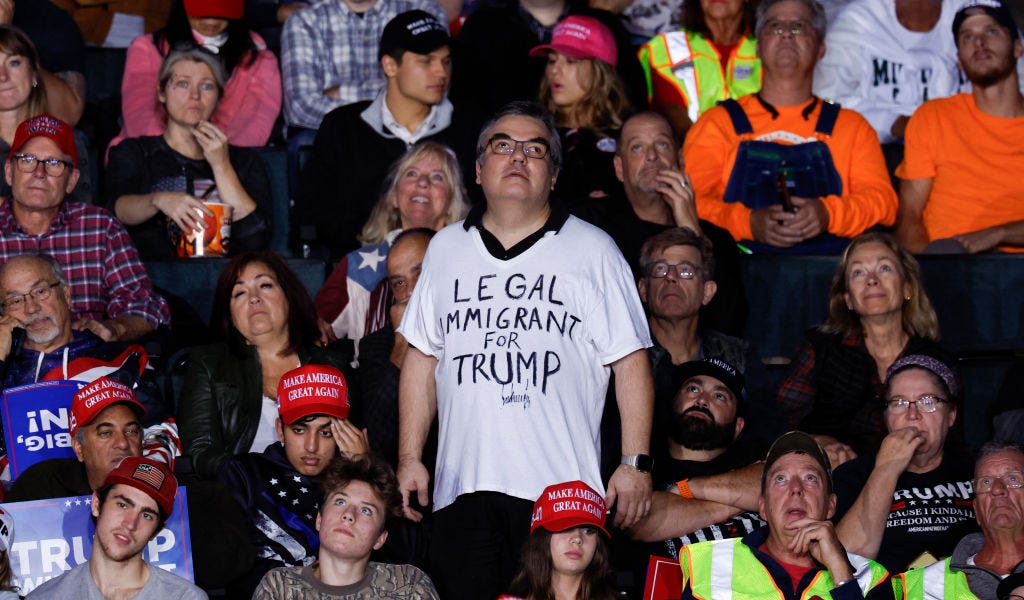Guno צְבִי
We fight, We win, Am Yisrael Chai
November 9, 2016, the day after Donald Trump was elected as the 45th president, my high school history teacher pulled me back after class.
“Are you okay?” he asked me.
Before I could answer, he expressed concern that I should be vigilant in a post-Trump world. “Don’t be surprised if people start telling you to go back to where you came from,” he said.
I’ve often thought about that moment—the unnecessary injection of racial anxiety into my otherwise normal school day—when I think about the irony of progressive identity politics. My parents, both born in India but educated in America, would laugh about their well-intentioned but misguided friends who, in their eagerness to ward off the idea of “otherness,” ended up contributing to it.
Growing up, I was quick to challenge the careless usage of terms like “racist” and “xenophobic” as lazy ways to shut down legitimate debate. Even when I was 16, before I could articulate economic arguments, discussing border security seemed fair game—not because I feared immigrants, but because a country needs to know who’s coming in. Back then, when people called MAGA supporters racist, I thought they were overreacting.
But then a few days ago, I opened X to see my feed populated with anti-Indian vitriol—calling the country where my parents were born “filthy” and its people “filthy and undesirable.” Some condemned these comments but many others agreed, and still others criticized the critics for crying racism. But I could see it for what it was: raw bigotry.

 www.thefp.com
www.thefp.com
“Are you okay?” he asked me.
Before I could answer, he expressed concern that I should be vigilant in a post-Trump world. “Don’t be surprised if people start telling you to go back to where you came from,” he said.
I’ve often thought about that moment—the unnecessary injection of racial anxiety into my otherwise normal school day—when I think about the irony of progressive identity politics. My parents, both born in India but educated in America, would laugh about their well-intentioned but misguided friends who, in their eagerness to ward off the idea of “otherness,” ended up contributing to it.
Growing up, I was quick to challenge the careless usage of terms like “racist” and “xenophobic” as lazy ways to shut down legitimate debate. Even when I was 16, before I could articulate economic arguments, discussing border security seemed fair game—not because I feared immigrants, but because a country needs to know who’s coming in. Back then, when people called MAGA supporters racist, I thought they were overreacting.
But then a few days ago, I opened X to see my feed populated with anti-Indian vitriol—calling the country where my parents were born “filthy” and its people “filthy and undesirable.” Some condemned these comments but many others agreed, and still others criticized the critics for crying racism. But I could see it for what it was: raw bigotry.

Liberals Warned Me About MAGA’s Racism. I Didn’t Believe Them—Until Now.
My grandfather voted for Trump three times. Now, part of that movement is calling immigrants like him ‘filthy.’

